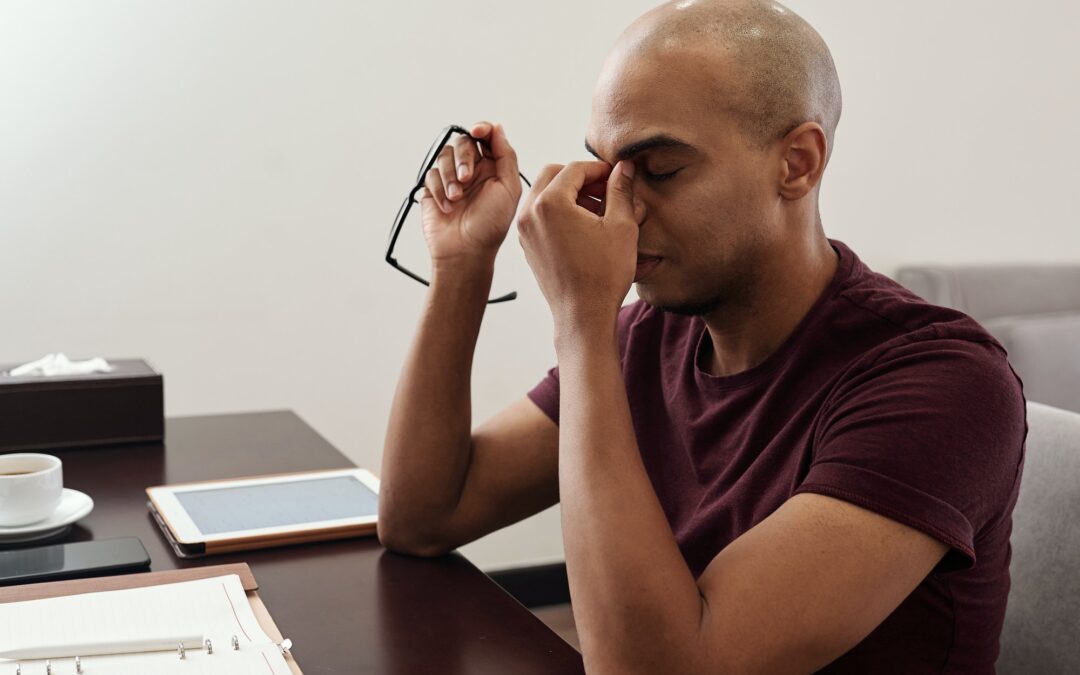If you’re feeling tired, you’re not the only one. Learn about low energy levels and how to overcome it.
In modern society, it is common for people to have busy schedules and not get the rest they need. While experiencing low energy levels is not out of the ordinary, it may be a sign of an underlying condition if it happens on a consistent basis.
If in addition to fatigue you experience other symptoms like fever, headaches, and sudden pain, make an appointment with your doctor. However, there are also other causes of low energy that you can fix by changing certain lifestyle habits.
The following are some common causes of low energy levels and how to overcome it.
1. Healthy Diet
Eating junk food might feel satisfying in the moment, but it can negatively affect your energy levels. Instead, opt for a well-balanced diet that includes fresh foods that have a good amount of fiber, nutrients, protein, and anti-inflammatory properties.
A healthy diet can boost energy levels and help cleanse the body, allowing for better digestion. Moreover, conditions like irritable bowel syndrome (IBS) can cause chronic fatigue and eating certain foods can help manage the condition.
2. Regular Exercise
There are various ways in which exercising regularly can improve your energy levels. For example, a 2008 study shows that exercise reduces fatigue, regardless if it’s low-intensity or moderate-intensity exercises.
The key is to be active on a regular basis, so aim to exercise at least two hours a week. Make sure they are moderate-intensity; you can also do lower-intensity exercises for longer hours.
Other benefits of regular exercise include more quality sleep and higher energy through the release of endorphins.
 3. Hydration
3. Hydration
The body needs water to function properly and a lack of it can lead to lower energy levels. Dehydration can dry out nasal passages, lead to snoring, dry mouth, hoarseness, and leg cramps, leading to bad sleep quality.
Moreover, you can feel mentally blocked and experience a decrease in alertness when dehydrated. If you don’t drink enough water, start filling up today to start experiencing better energy.
On the other hand, drinking less water can cause fatigue, inertia, agitation, dissatisfaction, and a decrease in positive emotions.
4. Limit Caffeine
Drinking coffee in the morning can give you a jolt of energy, but is it effective in the long term? As it turns out, lowering how much caffeine you take may lead to higher energy later on.
Try to limit your caffeine intake after dinner so you can wind down naturally, leading to more restful sleep.
5. Quality Sleep
Most of the tips here lead to better sleep quality and that is because a good night’s sleep is key to higher energy levels. If you have a busy schedule, do your best to relax before you go to bed – maybe even try some gentle stretching.
Furthermore, you can practice yoga, meditation, or guided relaxation to help improve your sleep quality. Make sure your sleeping area is comfortable and possibly use earplugs and an eye mask.
If you have a lot of thoughts running through your head, try journaling to clear your mind.
6. Health Supplements
There are various health supplements which aim to increase your energy levels, while others do a lot more. For example, Circulation Boost increases energy levels and promotes circulation, nutrient and oxygen delivery, immune health, and more.
The supplement works by increasing nitric production, a molecule that naturally improves blood flow in the body. Moreover, it combines ingredients like l-arginine, l-citrulline, and several key vitamins and minerals to support overall heart health.
If you’re experiencing low energy levels, there are many things you can do to improve them – including adding Circulation Boost to your routine.

